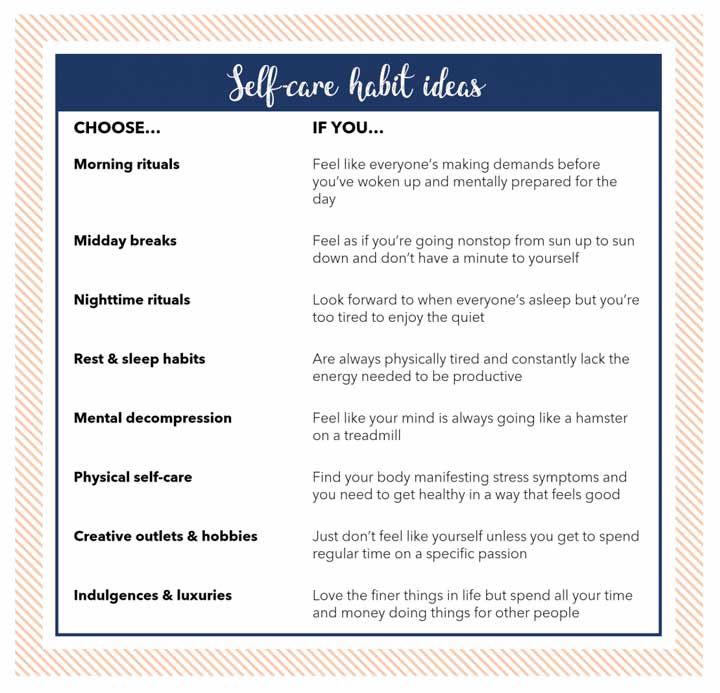“You can’t pour from an empty cup.” “Put on your own oxygen mask before helping others.”
We hear these sayings all the time and while we generally agree with them, as another saying goes, “easier said than done.”

Managing a classroom of students who are eager and antsy for winter break is challenging and you might be telling yourself, ‘I’ll take care of me later.’ This makes a lot of sense because our careers involve taking care of others and putting our students first. These attributes are exactly what makes a teacher one of the most important adults in a young child’s life. But, without taking care of ourselves, we might end up pouring from an empty cup.
Self-care is not a novel idea, so why has the concept been more emphasized recently? Well, in part, because the recent science is undeniable—stress impacts our brain and body. Have you noticed that you might always seem to come down with a cold right when a school break starts? It is so frustrating! Stress actually helps to boost our immune system by releasing the stress hormone, cortisol, which limits inflammation. While a manageable level of stress helps us be productive, sustained high stress leads to an overworked and over-tired immune system which can’t properly protect us. This is why as soon as we do finally take that break, we may come down with that pesky cold. But don’t let this add to your stress—science and medicine show that simple everyday practices to take care of yourself can reduce stress and feelings of burnout in the long-term. Let’s explore some self-care tips realizing that this list is not exhaustive, what’s most important is finding what helps YOU relax and unwind.
A Sampling of Practical Self-Care Tips
- Drink plenty of water and be sure to eat enough throughout the busy day
- Connect with others
- Spend time with loved ones, animals, pets
- Share student achievements with your colleagues
- Make positive phone calls to caregivers
- Ask for support from fellow teachers or your administrative staff when you need it
- Intentionally look for the positive
- Keep a folder of kind notes you have received (re-read as needed)
- Record positive thoughts in a journal
- Exercise—even if it is just taking a short walk
- Simply CHILL AND UNWIND
- Watch a funny TV show or movie
- Take a bath
- Read a book or magazine
- Listen to music (and dance)
- Eat chocolate (the darker the better)
- Take intentional deep breaths—Deep breathing helps to calm our brains and turn off the flight-or-flight response we often feel when we are stressed
- Take a look at this article from the Greater Good Science Center at UC Berkeley that discusses how breath affects our brains: https://greatergood.berkeley.edu/article/item/what_focusing_on_the_breath_does_to_your_brain
- Try Yoga
- Yoga helps to lower stress hormone levels and reduce inflammation in our immune systems
- In this TED talk, a teacher explains how finding yoga helped her to better cope with the demands of her job and reduce stress: https://www.youtube.com/watch?v=5O5QIqlDxjg
- Practice Mindfulness or Meditation
- This might seem intimidating but it does not have to be. Mindfulness can be easily practiced in 5 or 10 minutes each day. Here is a guide to 6 easy mindfulness practices that you can incorporate into your everyday routine: https://www.pocketmindfulness.com/6-mindfulness-exercises-you-can-try-today
Lastly, here is a guide to help find which self-care activities might be best for you!

https://thecornerstoneforteachers.com/truth-for-teachers-podcast/self-care-for-teachers/
From the entire team at VKRP, we appreciate your work teaching our youngest learners in the Commonwealth! We encourage you to spend some time fueling your sparkle during this break!